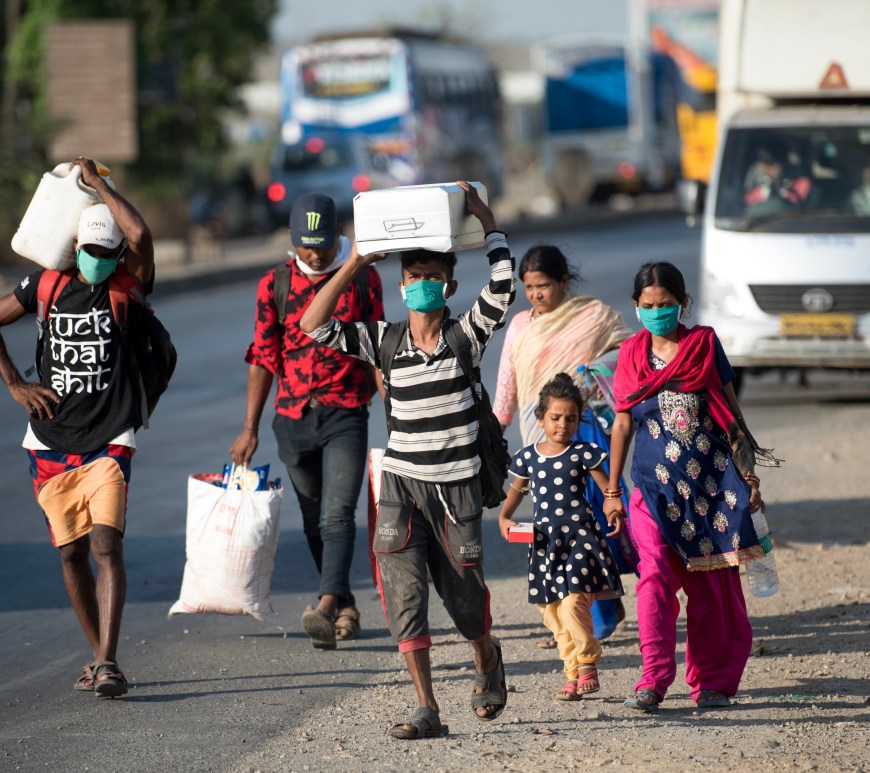Por Samer Saliba, Líder de Proyectos, Mayors Migration Council1
Read this blog in English
La comunidad internacional no está haciendo suficientes esfuerzos para apoyar económicamente a quienes más hacen por las personas migrantes, refugiadas y desplazadas durante la pandemia global: los Gobiernos de las ciudades. Aunque numerosas Alcaldías tienen el mandato de atender a las personas en situación de vulnerabilidad, tales como migrantes y residentes desplazados, frecuentemente las ciudades no cuentan con suficientes recursos económicos para responder a las crecientes necesidades de quienes van llegando. Asimismo, los Gobiernos locales de las ciudades han dejado de percibir ingresos debido a los impactos económicos del COVID-19, lo cual este año limita aún más su capacidad de brindar servicios fundamentales a los residentes. Según algunas estimaciones, los Gobiernos de las ciudades experimentarán una pérdida de ingresos de hasta un 25 % en el 2021, precisamente cuando necesitan incurrir en un mayor gasto para impulsar la recuperación y para atender a una población que crece continuamente. En una encuesta reciente, 33 funcionarios a cargo de las finanzas municipales de 22 países de todos los continentes expresaron que ya se observa una disminución del 10 % en el ingreso total y un aumento de aproximadamente 5 % en el gasto. Este “efecto tijera” de los ingresos y gastos de los Gobiernos locales tendrá un mayor impacto en las ciudades de países en desarrollo. Las ciudades africanas, por ejemplo, podrían dejar de percibir hasta un 65 % de sus ingresos en el 2021.
Continue reading “Migración urbana y COVID-19: Las ciudades están en la primera línea de una respuesta inclusiva y de la recuperación”Like this:
Like Loading...








